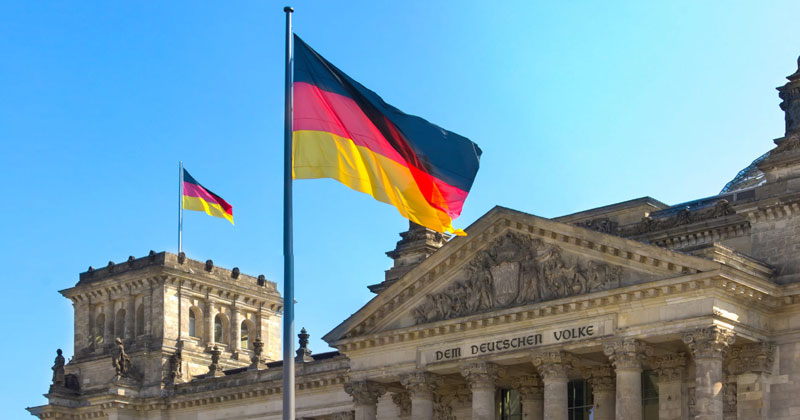Germany is still one of the strongest economies of Western Europe, arguably the biggest in that region. As a matter of fact, der Deutschland, as it is traditionally called, is considered among the world’s strongest economies.
With a robust system that is built around strong performing brands in the lair of electronics, automotive, chemicals, manufacturing, energy, transportation, IT and telecommunications, Germany has been the strongman of Europe.
In some ways, it has always made sense; since the economic conception and size oozes a very Otto von Bismarck-esque appeal.
Alas, it doesn’t seem as though this powerful or captivating image can sustain itself for long.
Helmut Kohl united the German economy, Gerhard Schroeder sustained it while Angela Merkel solidified it and now, Olaf Scholz is having to embrace newfound challenges in the post-COVID world as a behemoth appears to tie bandage to its wounds!
So why’s that and what really has happened that the economy of Germany, where it stands at present, seems certain to get hit?
And this, where reports stands, may not be a normal hit as they speak!
Here’s what a recent- and trending- report from Reuters had to say:
Germany’s economy will lose more than 260 billion euros ($265 billion) in added value by 2030 due to the Ukraine war and high energy prices, spelling negative effects for the labour market, according to a study by the Institute for Employment Research (IAB).
In comparison with expectations for a peaceful Europe, Germany’s price-adjusted gross domestic product (GDP) will be 1.7% lower next year and there will be about 240,000 fewer people in employment, said the study published on Tuesday.
The employment level is expected to stay at around this level until 2026, when expansive measures will gradually begin to outweigh the negative effects and lead to a plus of about 60,000 gainfully employed in 2030.
One of the big losers will be the hospitality industry, which was already hit hard by the coronavirus pandemic and is likely to feel the pinch of consumers’ waning purchasing power.
Energy-intensive sectors, such as the chemical industry and metal production, are also especially likely to be affected.
But having said that, the real loss, when expressed in the multiplier effect, so to speak suggests that come 2023 and the total output of the economy of Germany will be around 4 per cent lesser than what it was last time around (at this time of the year).
Unfortunately what that means is that at this rate, no fewer than 6,60,000 people in Germany stand little chance of finding employment in the next three years. If that is not tragic, then what is?
How is Germany then supposed to claw its way back to a position of normalcy, which it enjoyed until the breakout of the Russian-Ukrainian war that has clearly hindered its economic growth and upset the rhythm of one thing too many?
One suspects, desperate times demand desperate measures, which is why it is about time Germany will have to brainstorm to come out with much needed reforms before its too late.


